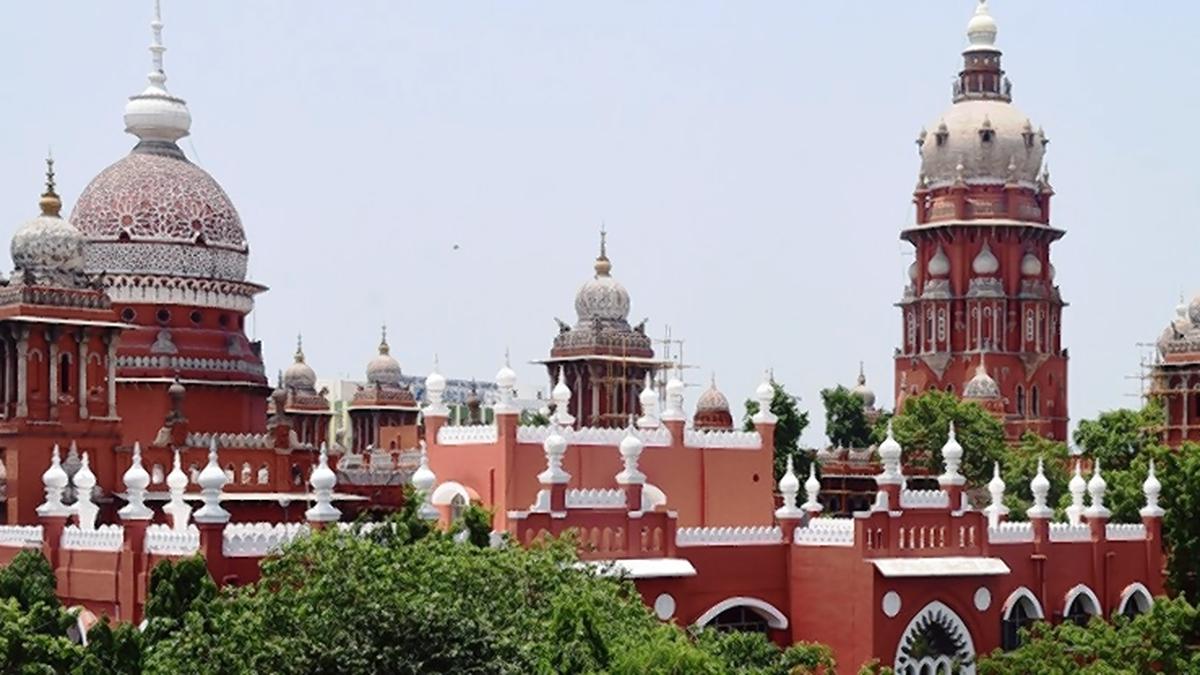
A married woman’s residential status should not be viewed through a patriarchal prism, says Madras High Court
The Hindu
Married woman can't be presumed to have disowned her residential rights at her parents' house. Rules of marriage don't impose such condition. She can gain public employment by claiming to be a resident of her native village. Woman can choose to stay at her parental abode for any period of her choice. Will of a woman to exercise residential choice at her natal home shouldn't be viewed through patriarchal prism.
Though a married woman ordinarily lives at her husband’s place, she cannot be presumed to have disowned her residential rights at her parents’ house on account of her marriage. The rules of marriage do not impose any such condition on a woman, and therefore, she can gain public employment by claiming to be a resident of her native village, the Madras High Court has said.
“For the purpose of getting a separate ration card after marriage, her name would have got deleted from her parents’ ration card. With that alone, it cannot be said that a married woman had severed her ties with her parents’ place and her residential status in respect of her parent’s house has come to a closure once and for all,” Justice R.N. Manjula said.
The judge made the observations while dismissing a writ petition filed by G. Mayakannan, an aspirant to the post of Jayakondam village panchayat secretary in Cuddalore district. The petitioner had challenged the appointment of a woman to the post, on the ground that she was not a local resident anymore because she had migrated to her husband’s village after marriage.
Rejecting the challenge made to the appointment on such a ground, the judge said the woman appointee had every right to visit or stay with her parents at Jayakondam at her own convenience and choice. Since it had not been disputed by the petitioner that she had roots in Jayakondam, the judge said that in such a case, she could not be perceived to be a stranger to her natal village.
“In today’s world, men and women go to several places for the sake of education or occupation, but still consider their native place as their permanent residence. However, there is a notion that a married woman completely abandons her native place and assumes her husband’s place as her only place of residence,” the judge said, and disapproved of such notions.
“If a married woman chooses to live between her natal home and marital home on account of her employment, business or otherwise, nothing can prevent her from exercising such an option. To retain or waive the native address is at the will of a married woman,” the judge said.
Though the woman appointee in the present case had produced legal notices issued by her estranged husband to prove that she had returned to her parental home, the judge said: “The above facts are completely personal to the petitioner, and she should not have been driven to such compulsion of revealing these private facts about herself for the sake of this writ petition.”













